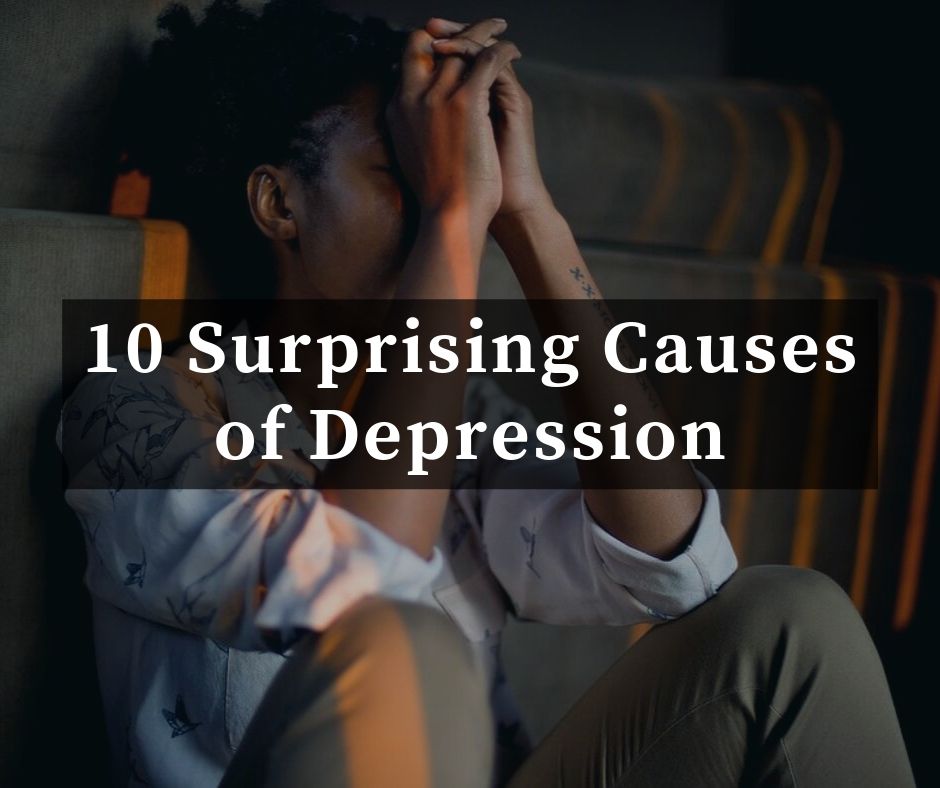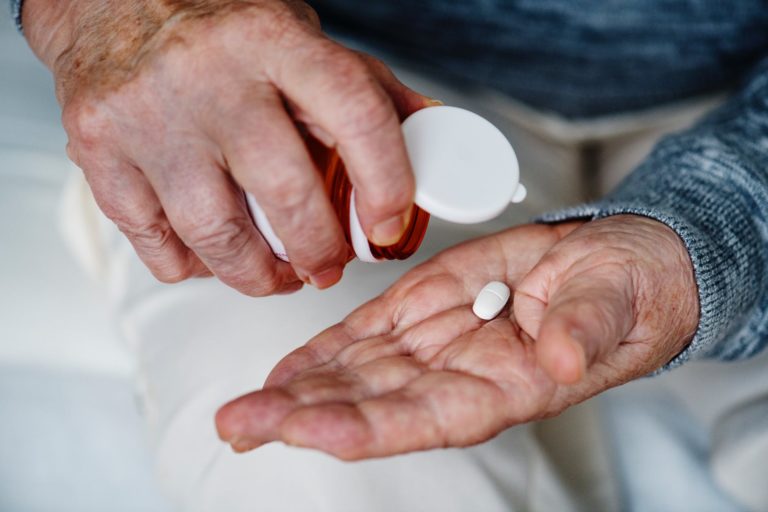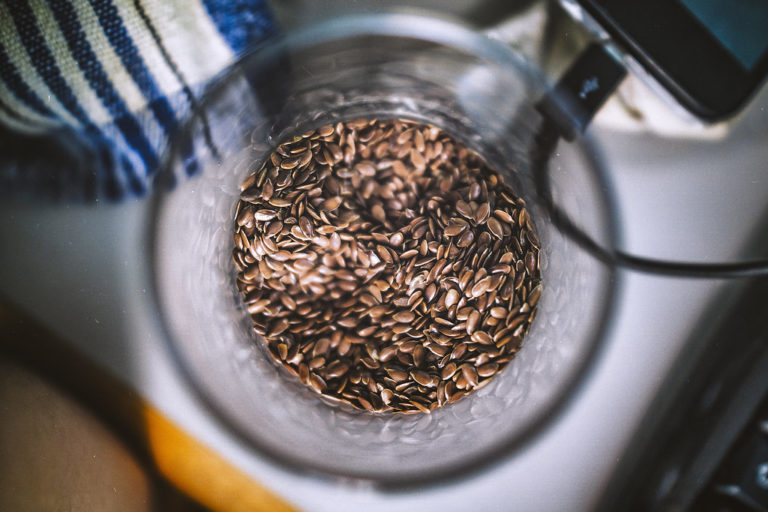
There are many well-known depression triggers: Trauma, grief, financial troubles, and unemployment are just a few. But if you are depressed and none of these apply to you, it can be hard to pinpoint a specific cause. In truth, there may not be a concrete reason for your depression.
But here are some little-known causes to consider.
Summer weather
Seasonal affective disorder (SAD) is most commonly associated with winter blues, and it afflicts about 5% of Americans.
But for less than 1% of those people, this form of depression strikes in the summer. Warm weather depression arises when the body experiences a “delay adjusting to new seasons,” says Alfred Lewy, MD, professor of psychiatry at Oregon Health and Science University, in Portland.
Instead of waking and enjoying dawn, the body has a hard time adjusting, he says, which could be due to imbalances in brain chemistry and the hormone melatonin.
Smoking
Smoking has long been linked with depression, though it’s a chicken-or-egg scenario: People who are depression-prone may be more likely to take up the habit.
However, nicotine is known to affect neurotransmitter activity in the brain, resulting in higher levels of dopamine and serotonin (which is also the mechanism of action for antidepressant drugs).
This may explain the addictive nature of the drug, and the mood swings that come with withdrawal, as well as why depression is associated with smoking cessation. Avoiding cigarettes—and staying smoke free—could help balance your brain chemicals.
Thyroid disease
When the thyroid, a butterfly-shaped gland in the neck, doesn’t produce enough thyroid hormone, it’s known as hypothyroidism, and depression is one of its symptoms. This hormone is multifunctional, but one of its main tasks is to act as a neurotransmitter and regulate serotonin levels.
If you experience new depression symptoms—particularly along with cold sensitivity, constipation, and fatigue—a thyroid test couldn’t hurt. Hypothyroidism is treatable with medication.
Poor sleep habits
It’s no surprise that sleep deprivation can lead to irritability, but it could also increase the risk of depression.
A 2007 study found that when healthy participants were deprived of sleep, they had greater brain activity after viewing upsetting images than their well-rested counterparts, which is similar to the reaction that depressed patients have, noted one of the study authors.
“If you don’t sleep, you don’t have time to replenish [brain cells], the brain stops functioning well, and one of the many factors that could lead to is depression,” says Matthew Edlund, MD, director of the Center for Circadian Medicine, in Sarasota, Fla., and author of The Power of Rest.
Facebook overload
Spending too much time in chat rooms and on social-networking sites? A number of studies now suggest that this can be associated with depression, particularly in teens and preteens. Internet addicts may struggle with real-life human interaction and a lack of companionship, and they may have an unrealistic view of the world. Some experts even call it “Facebook depression.”
In a 2010 study, researchers found that about 1.2% of people ages 16 to 51 spent an inordinate amount of time online, and that they had a higher rate of moderate to severe depression. However, the researchers noted that it is not clear if Internet overuse leads to depression or if depressed people are more likely to use the Internet.
End of a TV show or movie
When something important comes to an end, like a TV show, movie, or a big home renovation, it can trigger depression in some people. In 2009, some Avatar fans reported feeling depressed and even suicidal because the movie’s fictional world wasn’t real. There was a similar reaction to the final installments of the Harry Potter movies.
“People experience distress when they’re watching primarily for companionship,” said Emily Moyer-Gusé, PhD, assistant professor of communication at Ohio State University, in Columbus. With Avatar, Moyer-Gusé suspects people were “swept up in a narrative forgetting about real life and [their] own problems.”
Where you live
You can endlessly debate whether city or country life is better. But research has found that people living in urban settings do have a 39% higher risk of mood disorders than those in rural regions.
A study in the journal Nature offers an explanation for this trend: City dwellers have more activity in the part of the brain that regulates stress. And higher levels of stress could lead to psychotic disorders.
Depression rates also vary by country and state. Some states have higher rates of depression and affluent nations having higher rates than low-income nations. Even altitude may play a role, with suicide risk going up with altitude.
Too many choices
The sheer number of options available—whether it’s face cream, breakfast cereal, or appliances—can be overwhelming. That’s not a problem for shoppers who pick the first thing that meets their needs, according to some psychologists.
However, some people respond to choice overload by maximizing, or exhaustively reviewing their options in the search for the very best item. Research suggests that this coping style is linked to perfectionism and depression.
Lack of fish in the diet
Low intake of omega-3 fatty acids, found in salmon and vegetable oils, may be associated with a greater risk of depression. A 2004 Finnish study found an association between eating less fish and depression in women, but not in men.
These fatty acids regulate neurotransmitters like serotonin, which could explain the link. Fish oil supplements may work too; at least one study found they helped depression in people with bipolar disorder.
Poor sibling relationships
Although unhappy relationships with anyone can cause depression, a study in the American Journal of Psychiatry found that men who didn’t get along with their siblings before age 20 were more likely to be depressed later in life than those who did.
Although it’s not clear what’s so significant about sibling relationships (the same wasn’t true for relationships with parents), researchers suggest that they could help children develop the ability to relate with peers and socialize. Regardless of the reason, too much squabbling is associated with a greater risk of developing depression before age 50.

























